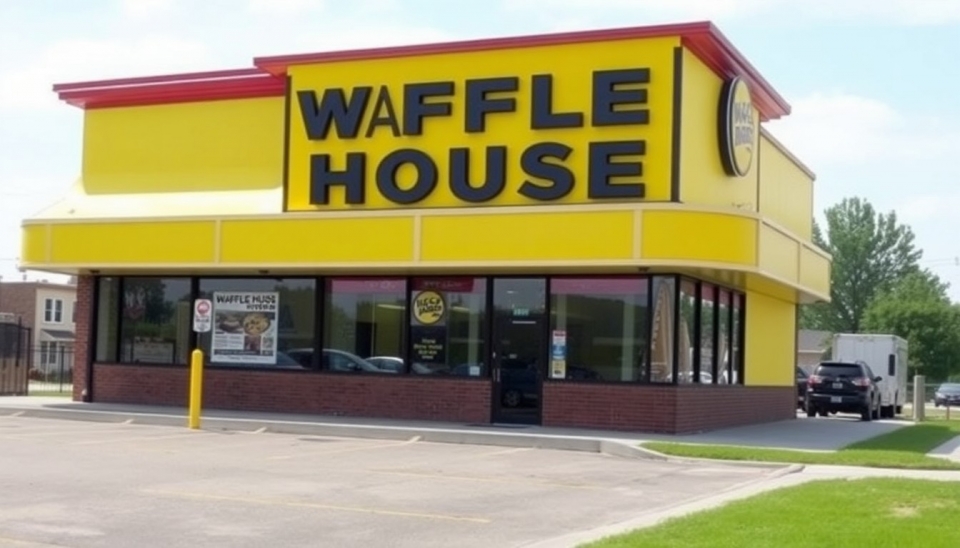Waffle House and Other Chains Implement Egg Surcharge Due to Supply Shortages

Due to severe egg shortages caused by outbreaks of avian influenza and rising prices, several large restaurant chains, including the popular Waffle House, have begun to implement an additional charge for egg-containing dishes. This decision is a forced measure to maintain financial stability in light of rising costs.
According to reports, Waffle House was one of the first chains to announce the introduction of a so-called "egg surcharge," prompting other establishments to consider this option as well. Fast food restaurants and cafes across the country are facing similar issues and are actively seeking ways to minimize losses.
The egg shortage has become a pressing issue amid global supply challenges that have been significantly impacted by outbreaks of diseases in poultry. The price surge for eggs has not only affected restaurants but has also taken a toll on household consumers, increasing grocery costs. Many household budgets are feeling the strain as basic food items have become significantly more expensive.
Despite the potential benefits of implementing an egg surcharge, restaurants acknowledge the risk of losing customers who may choose to switch to alternative dining options. Nevertheless, companies are trying to strike a balance between the need to maintain profits and the desire to keep their loyal customers.
Establishments like Denny's and IHOP are also considering the possibility of introducing additional charges, following Waffle House's lead. Despite the difficult choice, many businesses recognize that taking measures to mitigate losses is crucial in this economic climate.
Thus, it is no surprise that the food service industry is in a real battle with the egg shortage, which affects not only businesses but also ordinary consumers. Companies hope that the situation will normalize in the future and that prices for basic food products will once again become affordable for all.




